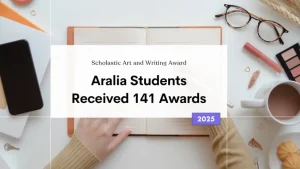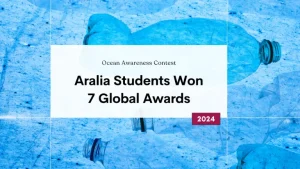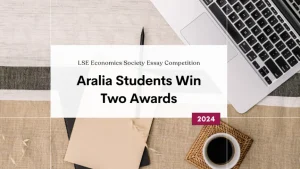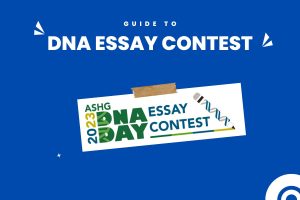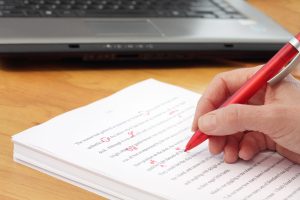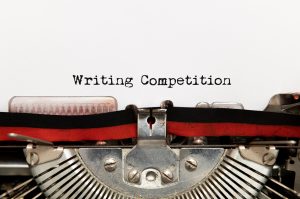LATEST UPDATE ▪️ COMPETITION INFORMATION
The Annual DNA Day Essay Contest 2025: Themes and Deadline Announced!
Annual DNA Day Essay Contest
Annual DNA Day Essay Contest is hosted by the American Society of Human Genetics, in support of National DNA Day. DNA Day commemorates the completion of the Human Genome Project in April 2003 and the discovery of the double helix of DNA in 1953.
Interested in the competition?
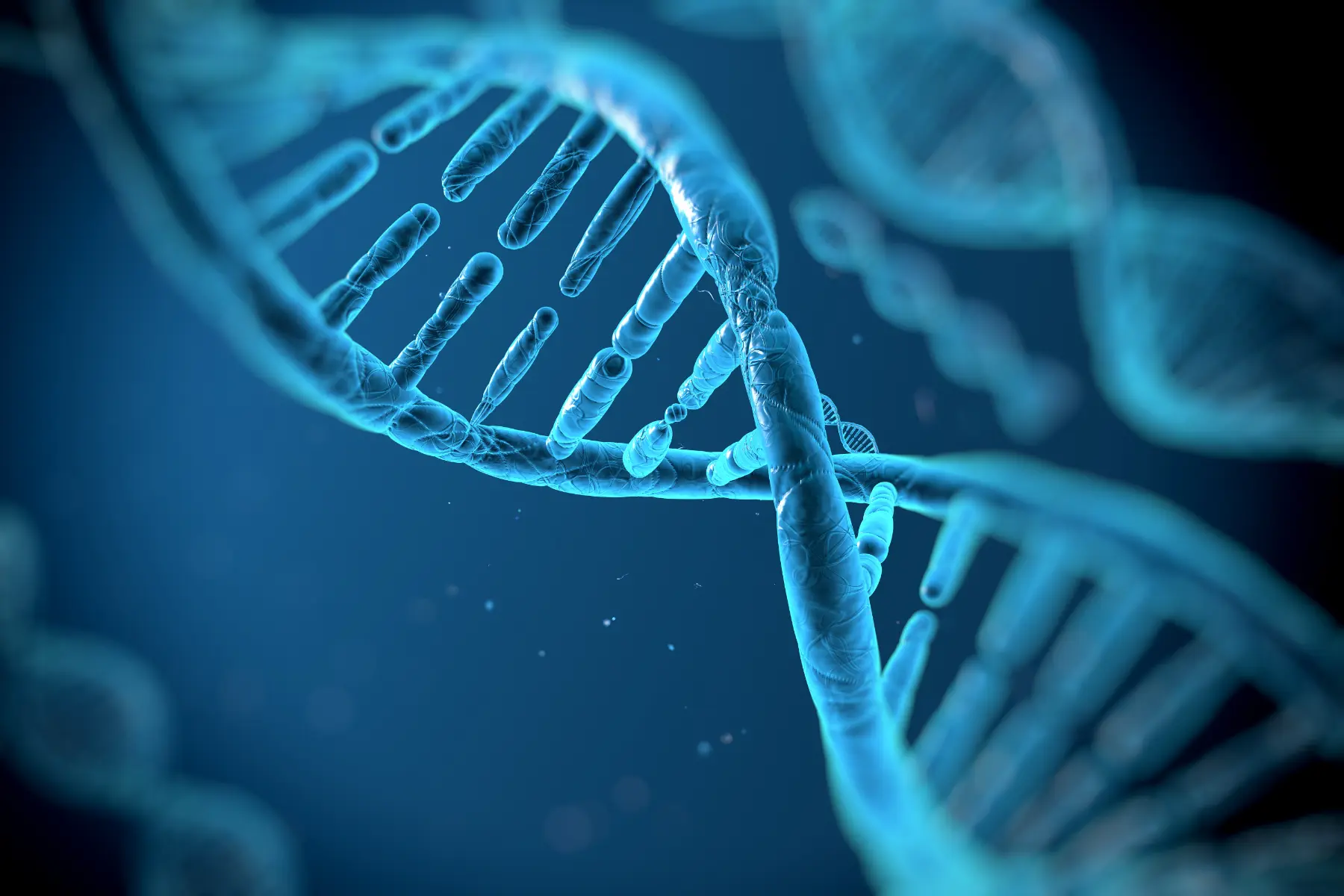
Competition Overview
Open to students in grades 9-12 worldwide
Eligibility
Free
Entry fee
March 5, 2025
Submission deadline
April 25, 2025
DNA Day! Winners and Honorable Mentions announced
Competition Details
1. 2025 Question
Artificial intelligence (AI)—advanced computer systems that can quickly analyze large amounts of data—is being used in many areas of healthcare, from diagnosing diseases to recommending treatments. Now, experts are also using AI to help interpret genetic testing results, which examine your DNA to understand your risk for certain diseases or guide treatments. If you had to undergo genetic testing, would you want AI to be used to help make sense of your results?
Please address the following in your essay:
- When do you think using AI would be helpful in understanding your genetic test results?
- What risks or harms do you think using AI could pose in healthcare?
- What information would you want to learn from AI for analysis of your genetic information? Consider in comparison to the information provided in standard genetic test results.
2. Prizes
1st Place Winner: $1,000 for student
$1,000 genetics materials grant
2nd Place Winner: $600 for student
$600 genetics materials grant
3rd Place Winner: $400 for student
$400 genetics materials grant
Submission Details
1. Submission Rules
Essays must be in English and no more than 750 words. Word count includes in-text citations but not reference lists. Essays are expected to be well-reasoned arguments that indicate a deep understanding of scientific concepts related to the essay question.
2. Rubrics
The essay evaluation rubric for the second and third rounds of judging allocates up to 20 points across four criteria. Judges assess the overall accuracy of the science content, awarding up to 6 points. Another 6 points are available for effectively using evidence to support the argument and maintain focus on the selected question or topic. Writing quality, including clear thesis, composition, grammar, syntax, and spelling, is evaluated with up to 5 points. Finally, references and citations are judged for quality and appropriateness, with a maximum of 3 points available.
3. Things to avoid when writing
- An excessive focus on details at the expense of demonstrating a clear understanding of the broader concepts.
- Overstatements about biotechnology or biomedical science’s current or future state are
- Inaccuracies in technical language should be avoided, and students should not feel pressured to use unfamiliar jargon.
- Lack of proper in-text citations, especially for information not considered common knowledge, and may rely on outdated references, weakening the argument.
- Finally, overusing quotes can signal a lack of deep understanding of the topic to the judges.

